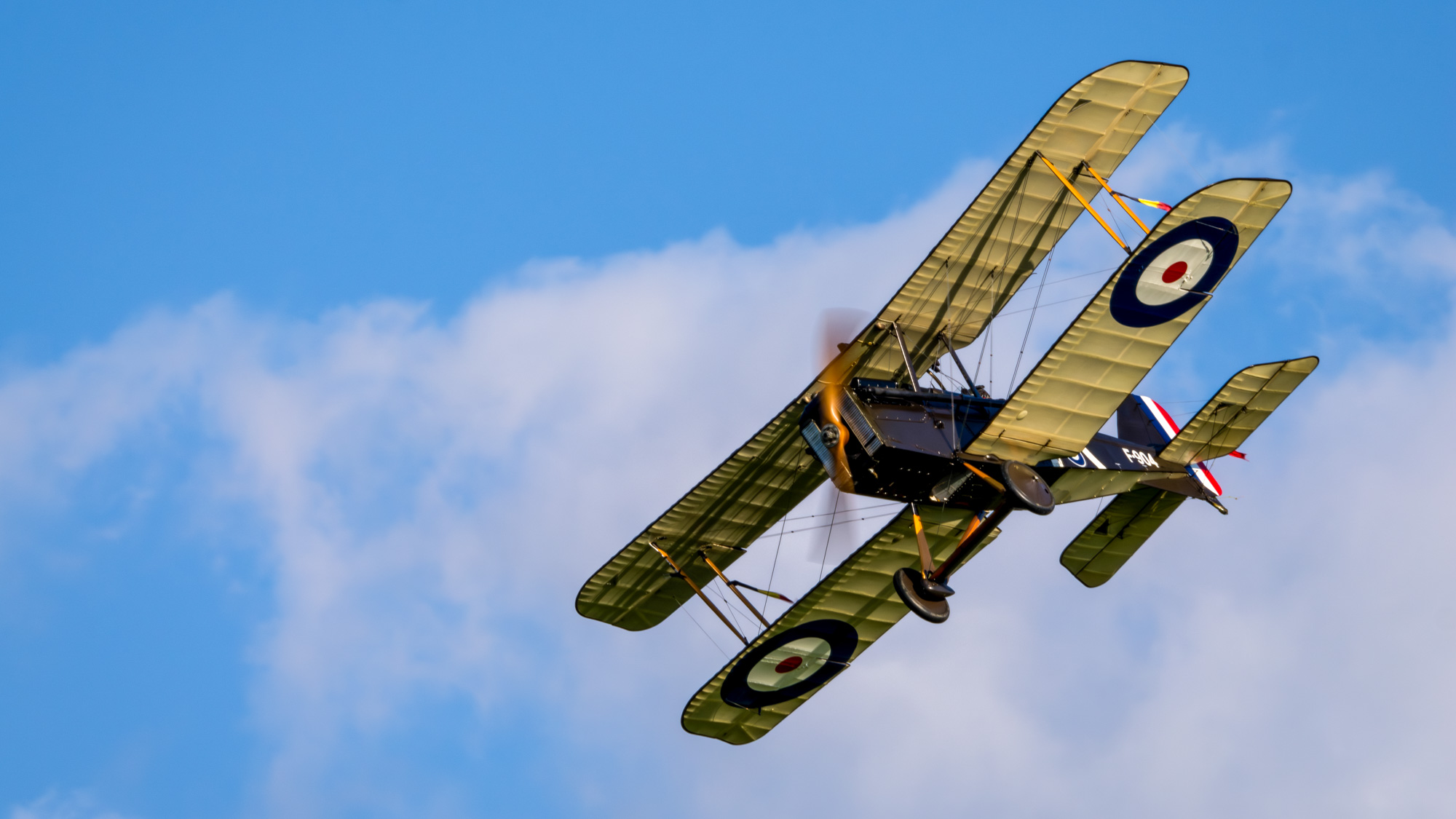
Watch video above: Reach for the skies!
From the roar of the vintage engines as planes race by overhead, to the fun of characters dressed up in period outfits, there will be plenty to photograph when you visit an airshow near you this summer.
Airshows present a real opportunity to hone your photo skills and you’re pretty much guaranteed to come away with some great images. However, if you’re interested in elevating your aviation photography to the next level, some simple steps towards better technique will go a long way to making a big difference. Picking the right kit for airshows will also help ensure you get the best results, but any DSLR or mirrorless camera will do the job so don’t think your equipment will be the key factor. That said, some kit can’t be scrimped on, such as a long telephoto zoom lens, plus a monopod which makes the experience much more comfortable, taking the weight of your camera set-up off your shoulders, and a godsend when shooting for long periods.

Airshows are quite unique in their set-up – you’ll have a lot of subjects to shoot and you’ll have to adjust settings to the speed of what’s happening in front of you to keep up with the action. What’s more, simply pointing the lens towards the sky may return images that lack character or purpose. By taking a slightly different approach and including more of the environment, whether it be some greenery in the background or adding some polish in post-production, you can create images that do more and help tell the story of the aircraft.
Working with the light you have on the day can also be a big factor, but again, there are ways of approaching these tasks and by taking control of your camera, you can come away from an airshow with a memory card full of keepers. Here are my top tips to get started...
1. Pick the right kit
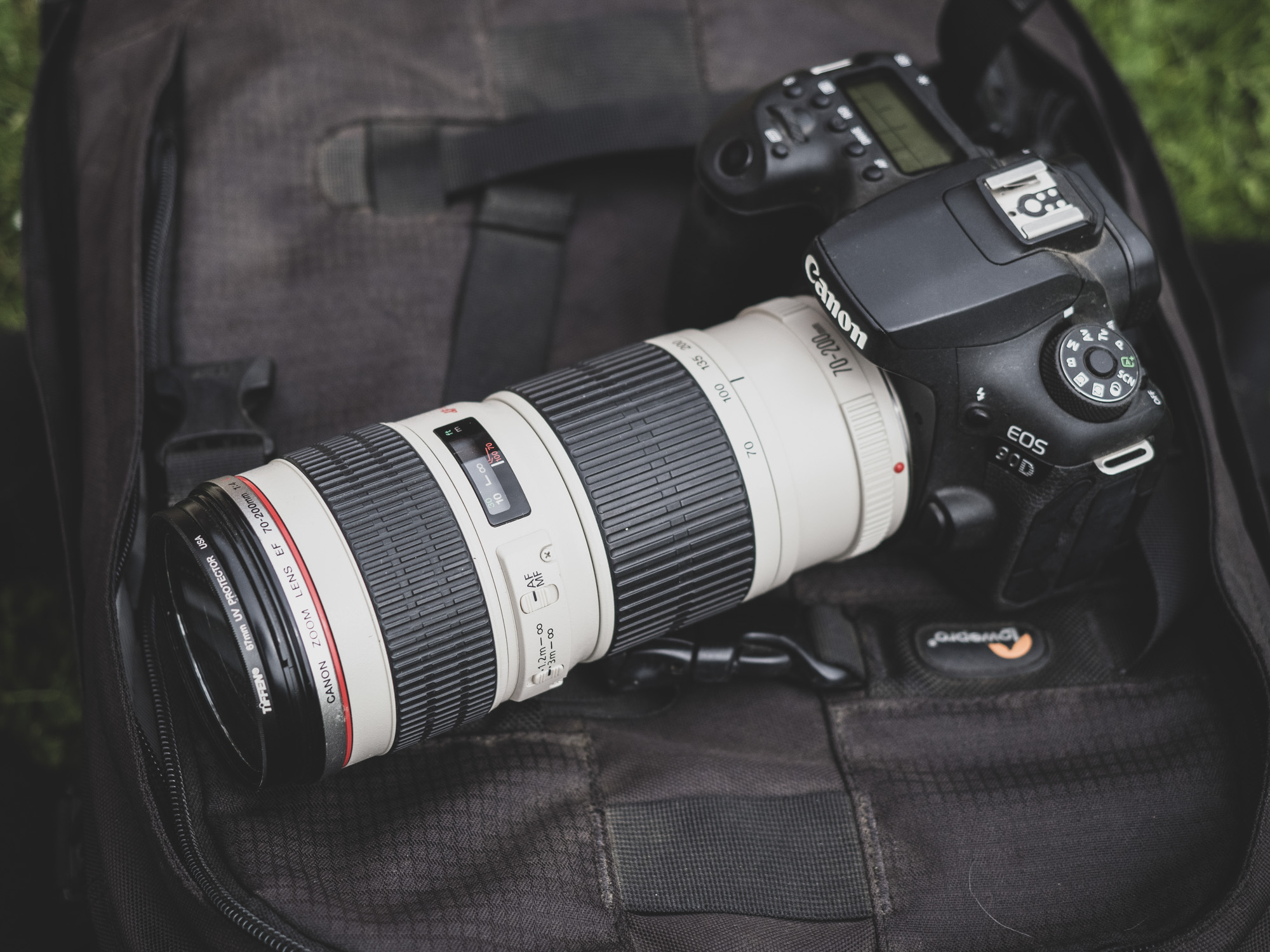
Pairing the right lens and camera can make a big difference. I use a 70-200mm lens, but by using this optic with my Canon EOS 90D, an APS-C crop factor camera, I have an effective focal length of 112-320mm thanks to the 1.6x crop factor.
2. Get even closer
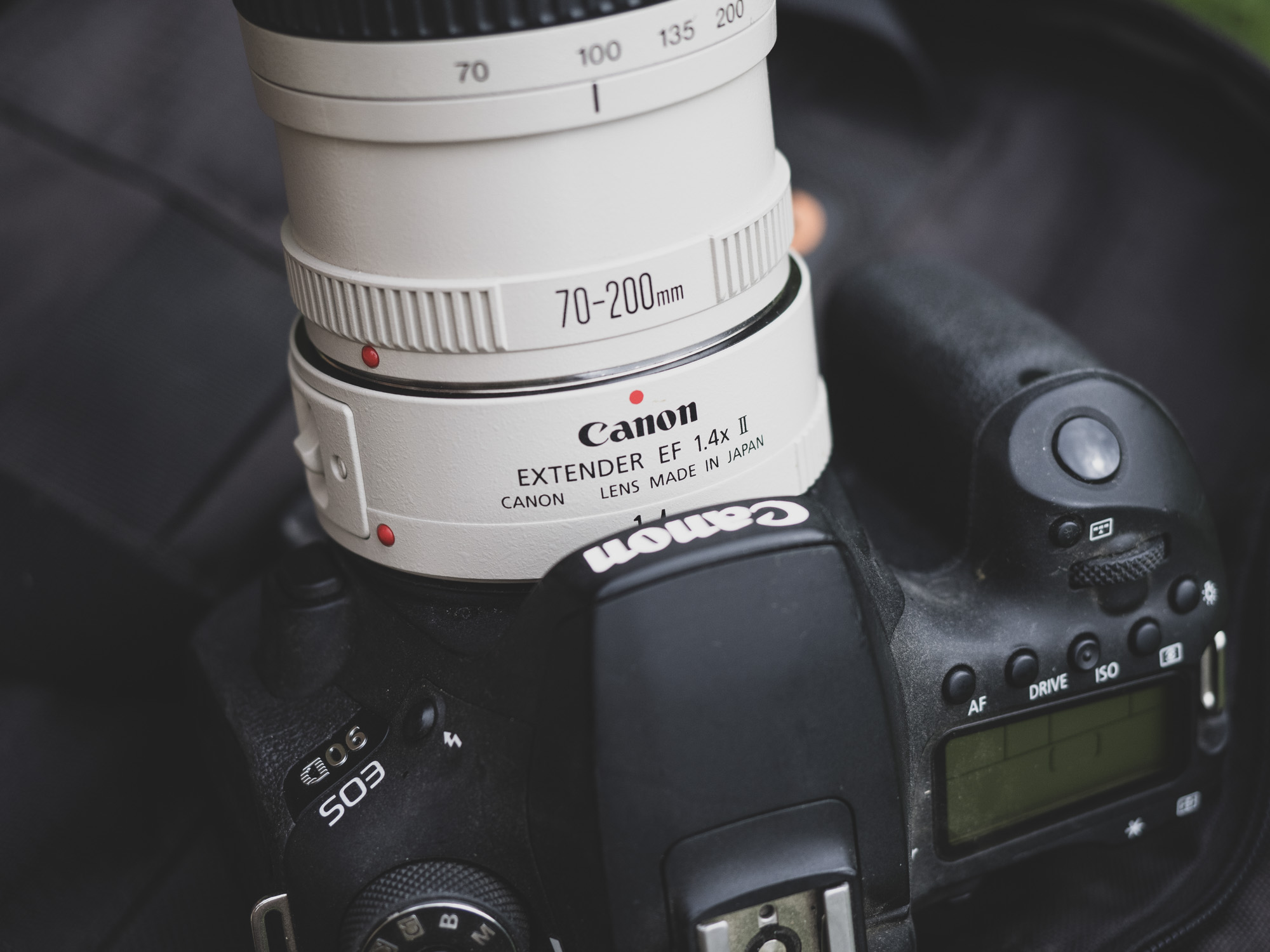
Use a Canon teleconverter, also called an extender for 1.4x or 2x magnification. Adding a 1.4x extender between my camera gives me a huge focal length of 156-448mm when paired with my 1.6x crop factor, helping to fill the frame with faraway planes. Check out the best teleconverters.
3. Use a 'slow' shutter speed
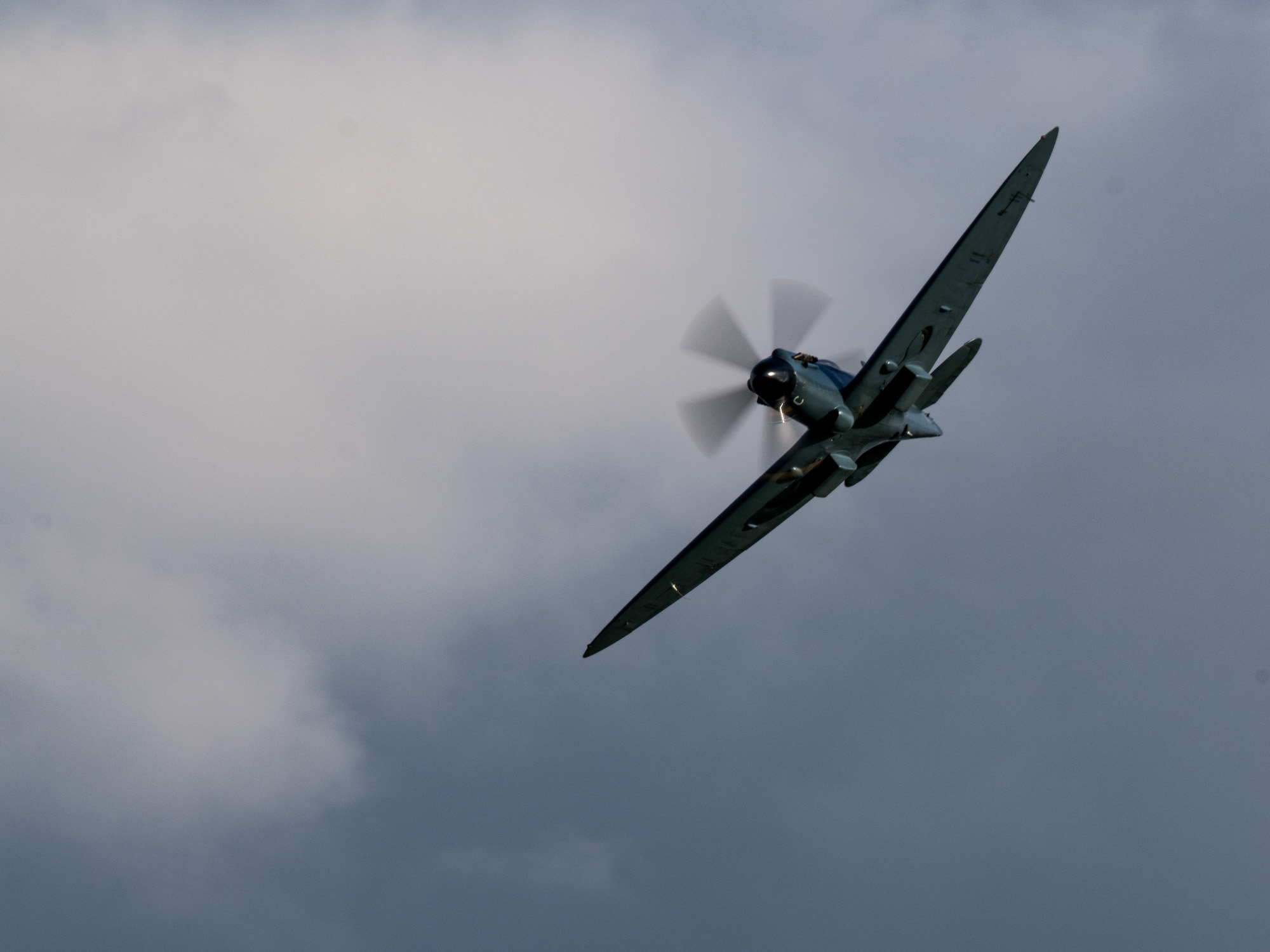
Your shutter speed is key for capturing sharp shots, around 1/2000 sec for jet planes, but if I’m shooting planes with propellers, I like to slow the shutter speed down to around 1/320 sec in shutter priority (Tv) mode to add a little motion blur to the prop blades.
4. Time your shots
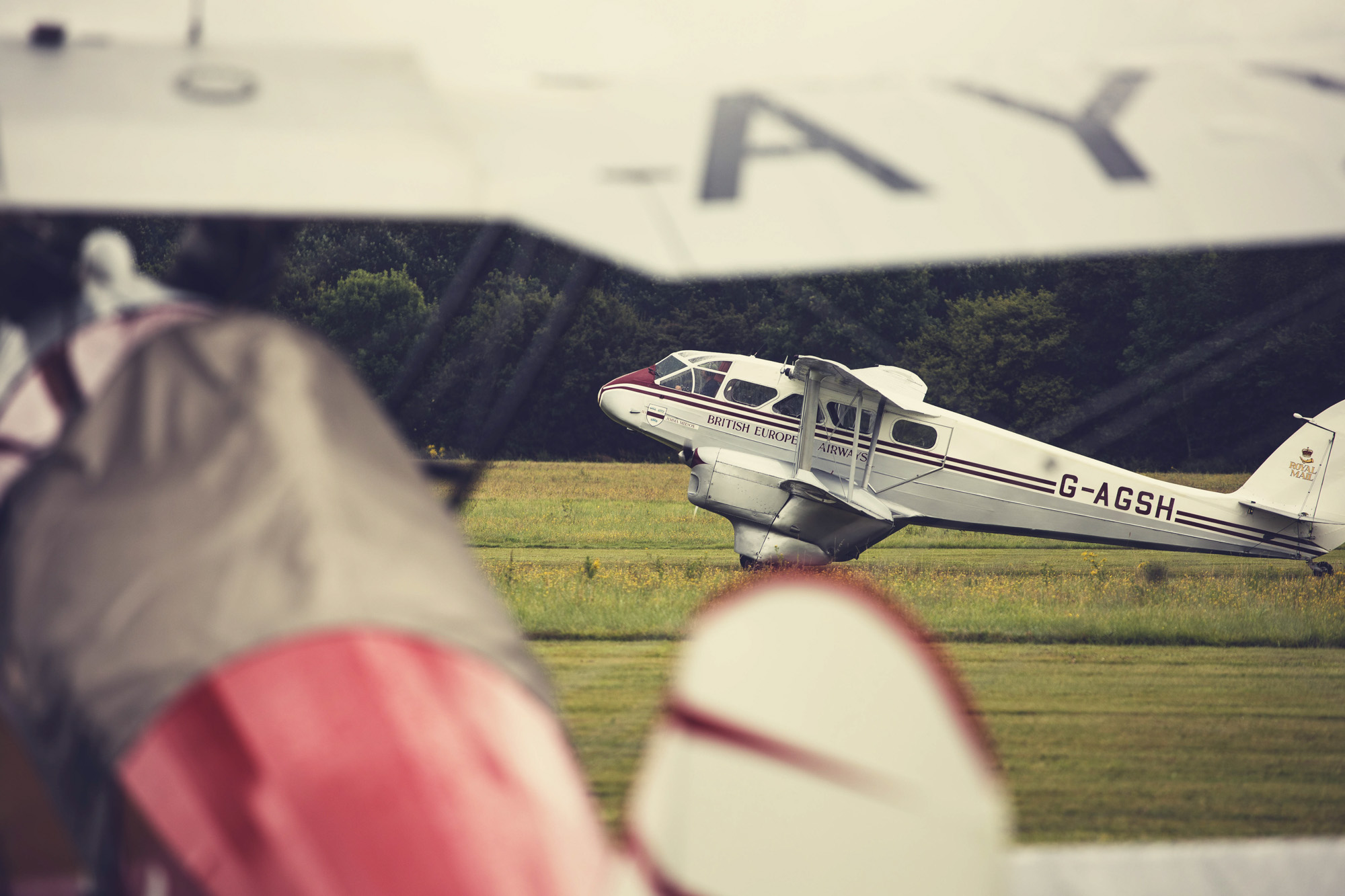
Most people shoot planes when they are overhead, but that won’t always lead to the best images. I often find that by timing your images for take off or landing, you can capture more interesting background or foreground elements, which help add scale and context to the frame.
5. Three's the magic number
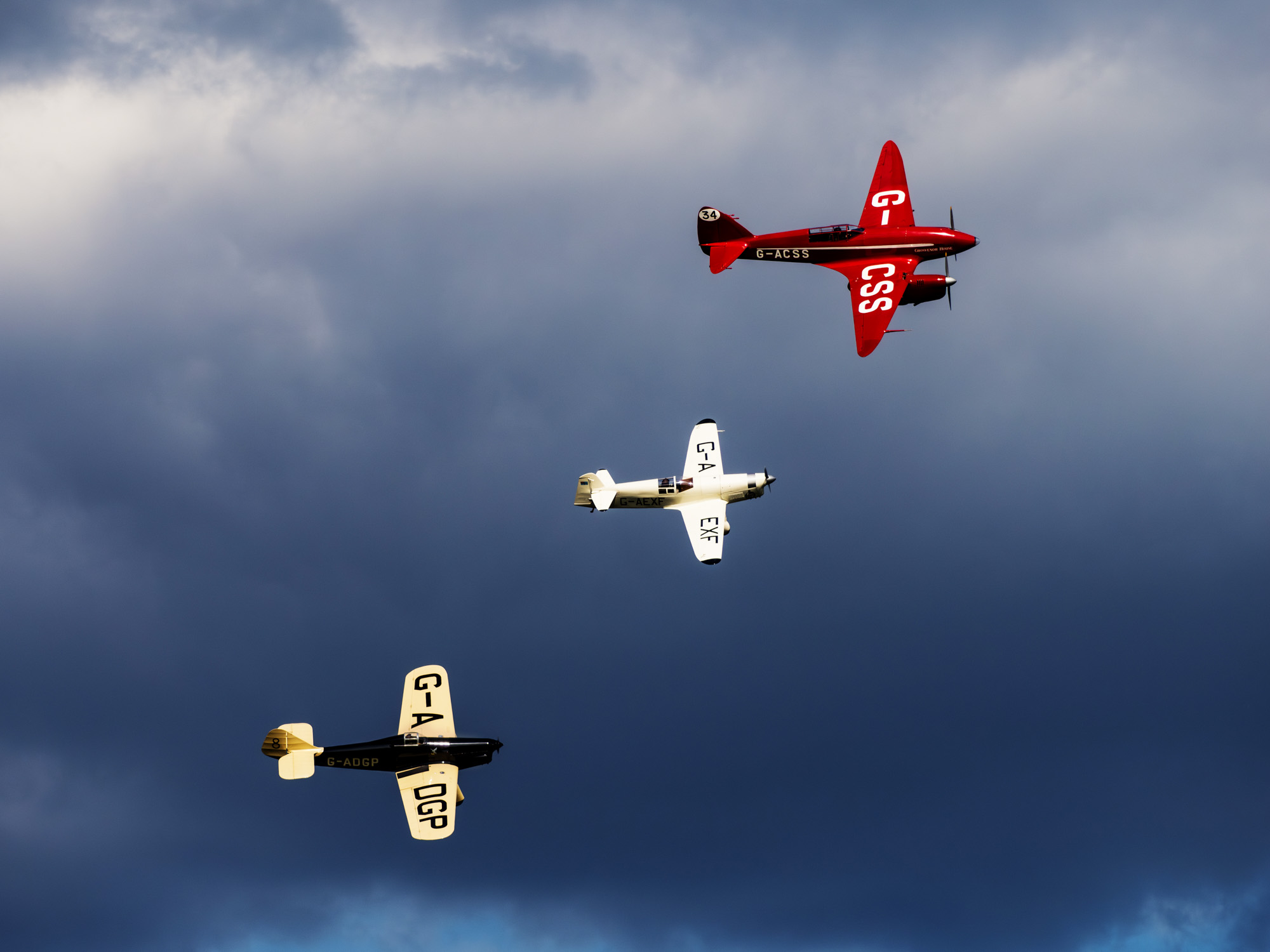
What’s better than one plane? Two planes. But three is even better! Many airshows will feature multiple flying aircraft at once. Adjust your composition to include more planes to increase interest. Zoom out and try to time your frames for when the planes cross, fly together, or better still, bank.
6. Use Ai Servo autofocus
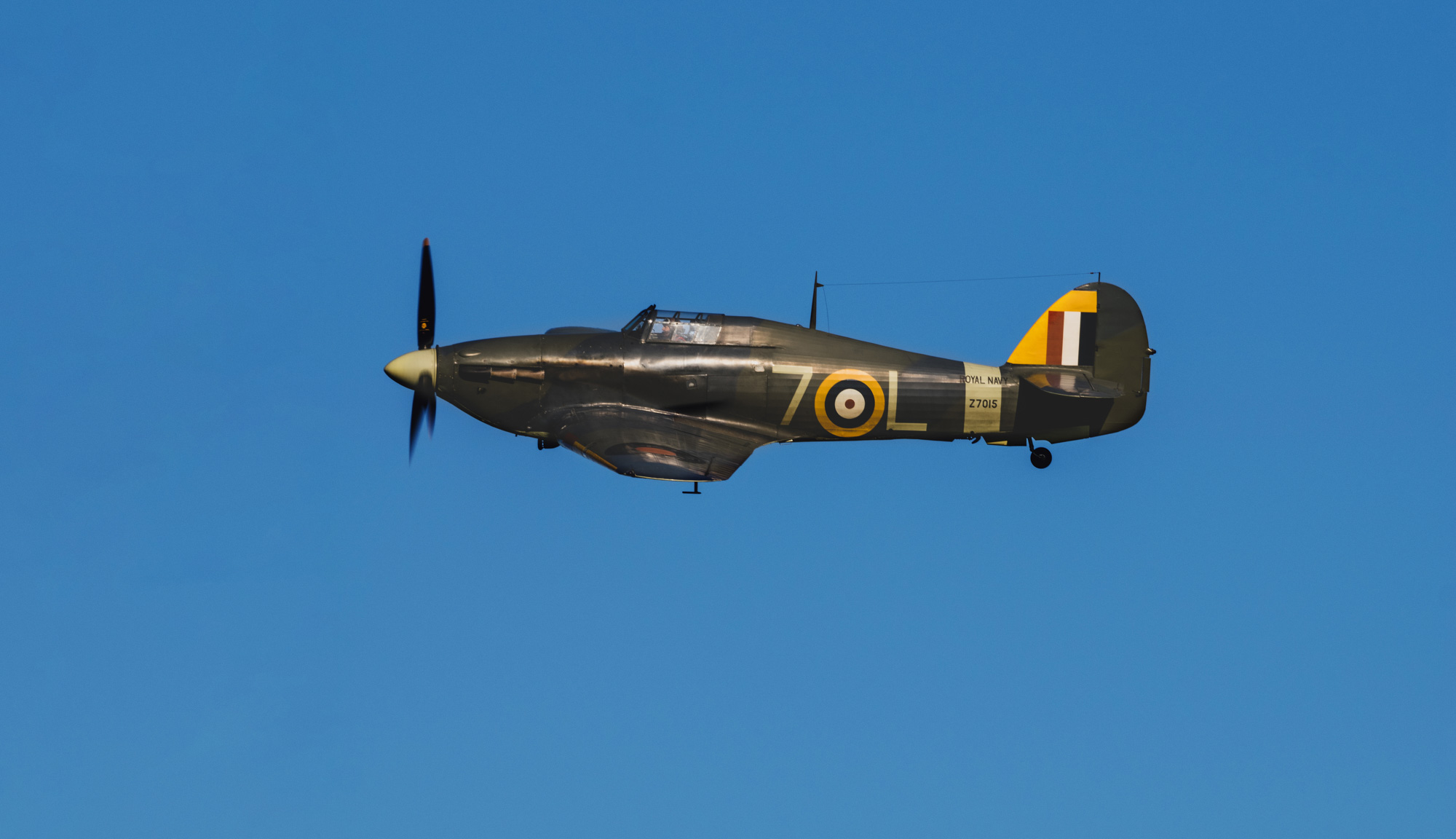
Focusing on fast moving subjects can be tricky so it’s best to use your Canon’s AI Servo AF mode a single, and a group of AF points to continuously track and refocus on your subject. If your Canon EOS has Vehicle Subject Detection it would be well worth shooting with this too!
If you're serious about scenery, take a look at the best cameras for landscape photography along with the best lenses for landscapes.







